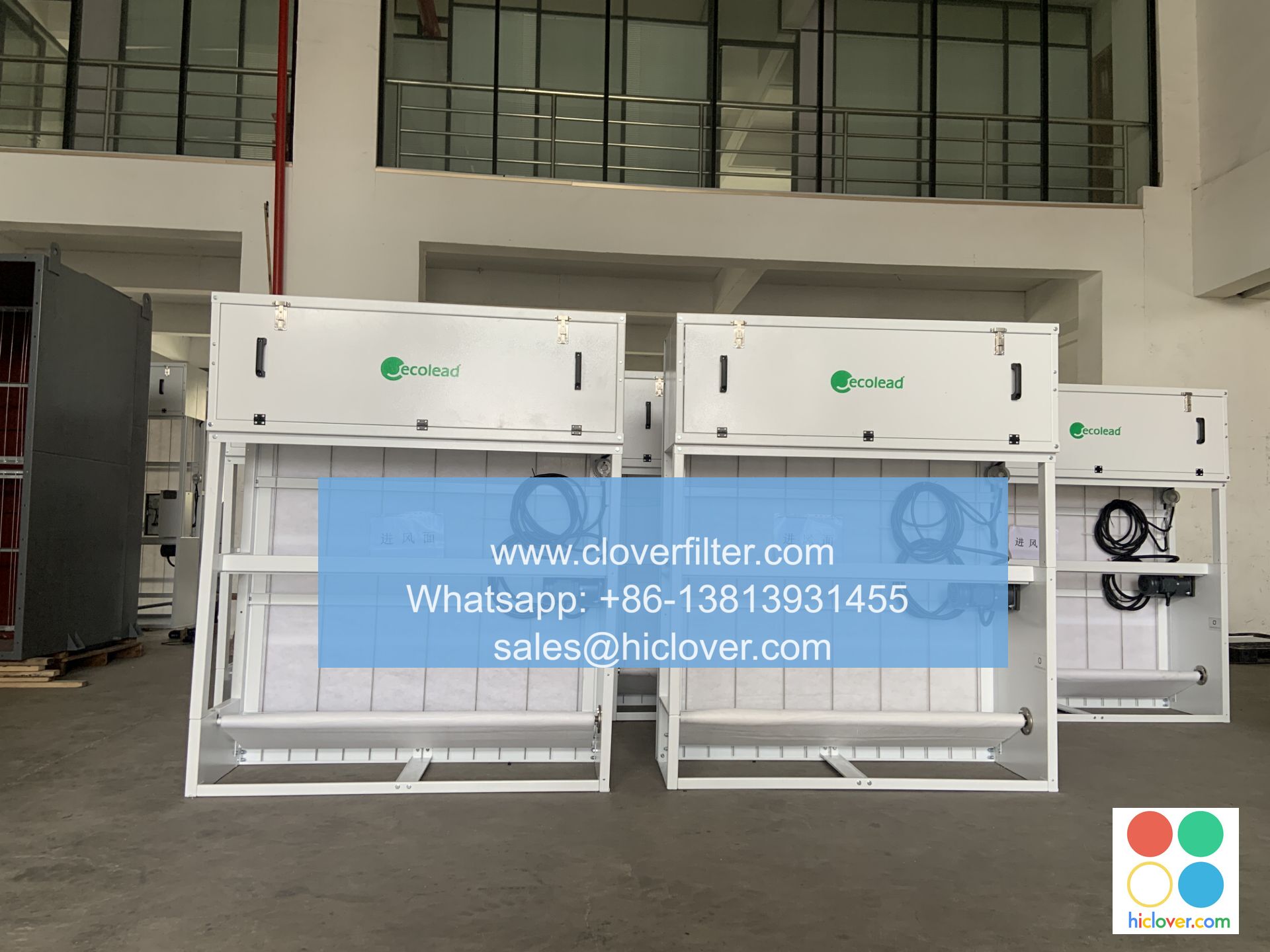Air Filter 101: What You Need to Know

Air Filter 101: What You Need to Know
What is an Air Filter?
An air filter is a crucial component in various applications, designed to remove impurities and contaminants from the air or gas stream. Its primary function is to capture airborne particles, such as dust, pollen, and other pollutants, to improve air quality and maintain system efficiency.
Types of Air Filters
There are several types of air filters available, each with its unique characteristics, advantages, and applications:
- Cotton-Gauze Filters: Made from cotton gauze, these filters are commonly used in HVAC systems, industrial processes, and laboratory settings.
- Activated Carbon Filters: Designed for gas purification, these filters contain activated carbon, which absorbs gases, odors, and impurities.
- HEPA (High Efficiency Particulate Air) Filters: Known for their high-efficiency filtration, HEPA filters capture 99.97% of particles as small as 0.3 microns, making them ideal for residential and commercial air conditioning systems.
- Endless filtration systems: Used in industrial processes, these filters continuously remove airborne impurities and contaminants.
- HVAC Systems: Air filters are essential in heating, ventilation, and air conditioning (HVAC) systems to maintain indoor air quality and filter out airborne contaminants.
- Industrial Processes: Air filters are employed in various industrial processes, such as oil drilling, chemical processing, and power generation, to remove impurities and contaminants from gas streams.
- Laboratory Settings: Air filters are used in laboratory settings to control the ambient air quality and prevent contamination of sensitive equipment and materials.
- Automotive: Air filters are used in vehicles to clean the air entering the cabin, improving respiratory health and reducing odors.
- Improved Air Quality: Air filters remove airborne impurities, contaminants, and odors, improving indoor air quality and reducing respiratory issues.
- Increased Efficiency: Clean air filters help maintain system efficiency, reducing energy consumption and extending equipment lifespan.
- Health Benefits: Proper air filtration reduces exposure to allergens, bacteria, and other airborne pollutants, contributing to better overall health and well-being.
- Cost Savings: Regular filter replacements and maintenance can help reduce energy costs and extend equipment lifespan, leading to significant cost savings.
- [1] "Air Filter Selection Guide" by the Air-Conditioning, Heating, Refrigeration Certification Board (ACHR)
- [2] "Air Filter Sizing and Selection" by the International Air-Conditioning professionals of North America (IAQA)
- [3] "Filtering the Air: A Guide to Air Quality and Health" by the Environmental Protection Agency (EPA)
Applications of Air Filters
Air filters have numerous applications across various industries:
Benefits of Air Filters
Using air filters offers numerous benefits, including:
Conclusion
In conclusion, air filters are a crucial component in various applications, offering numerous benefits, including improved air quality, increased efficiency, health benefits, and cost savings. By understanding the different types of air filters, their applications, and benefits, you can make informed decisions about selecting the right filter for your specific needs.
Additional Resources
It looks like you’ve entered a prompt, but it’s blank! Could you please provide more context or clarify what you’d like to talk about? I’m here to help with any questions or topics you’d like to discuss.

